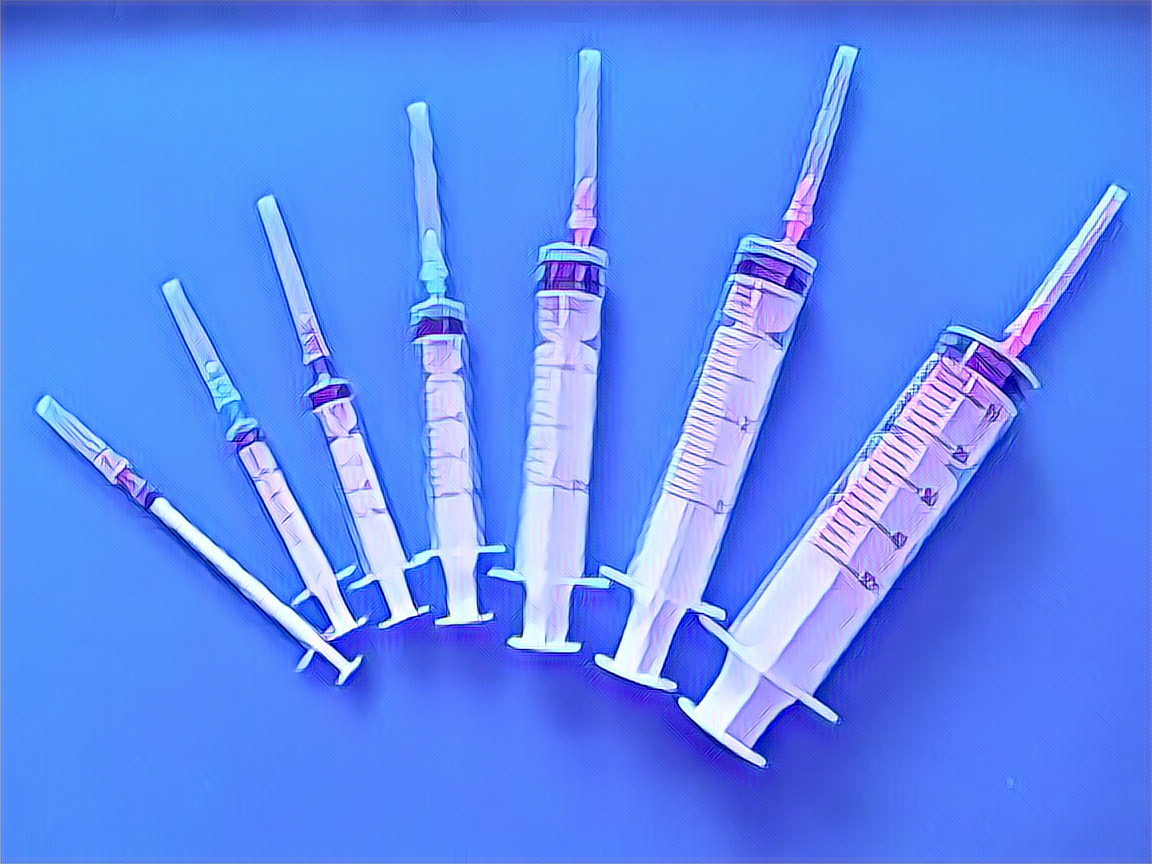The National Agency for Food and Drug Administration and Control (NAFDAC) has voiced serious concerns over the increasing influx of unregistered medical syringes into Nigeria. This alarming trend was brought to light by Prof. Mojisola Adeyeye, the Director-General of NAFDAC, during a meeting with members of the Association of Nigerian Licensed Customs Agents (ANLCA) in Abuja.
During the 21st Daily Trust Annual Dialogue organized by the Trust Media Group, Adeyeye urged customs agents to prioritize the country’s interests over personal gains, particularly at the nation’s ports where compromises have led to the illegal importation of these medical items.
Adeyeye lamented that despite efforts to support local syringe production, the market is being undercut by imported syringes. “Over 1.5 billion units of locally produced syringes are unsold due to low sales, exacerbated by the influx of imported syringes,” she explained, highlighting the economic impact on local manufacturers.
The Director-General also raised concerns about the quality of these imported syringes, citing a USFDA publication which reported that some syringes from Southeast Asia were of substandard quality. “These products didn’t just arrive unexpectedly; there are lapses in our export and import processes,” she stated.
Adeyeye emphasized the crucial role of licensed customs agents in facilitating legal and safe imports and exports, ensuring compliance with required standards. She stressed the importance of collaboration for effective regulation of trade in products, both domestically and internationally.
“About 70% of our exports are rejected, particularly food products. This not only harms our economy but also our national image, as these products often bypass NAFDAC regulatory assessment,” Adeyeye added.
Addressing the issue of substandard products, she underscored the need for improved quality, standard, certification, and appropriate packaging for made-in-Nigeria products destined for the international market. The agency has observed that many rejected exports lack proper documentation and certifications, which could be rectified through NAFDAC’s accredited labs.
The Director-General called for a collective effort to curb negative practices by some exporters and ensure only quality, certified products are exported. “NAFDAC’s role is pivotal in regulating and controlling the manufacture, importation, exportation, distribution, and sale of drugs, food, and other regulated products in Nigeria,” she said.
In response, Mr. Emenike Nwokochi, National President of ANLCA, acknowledged the challenges and pledged his association’s commitment to working with NAFDAC. He highlighted the need to boost exports to support the Naira and improve Nigeria’s standing in the global market.


